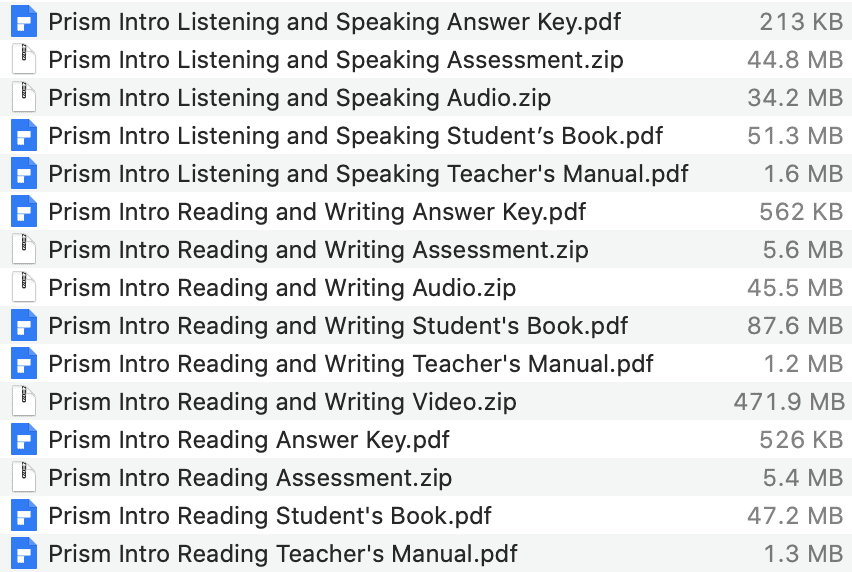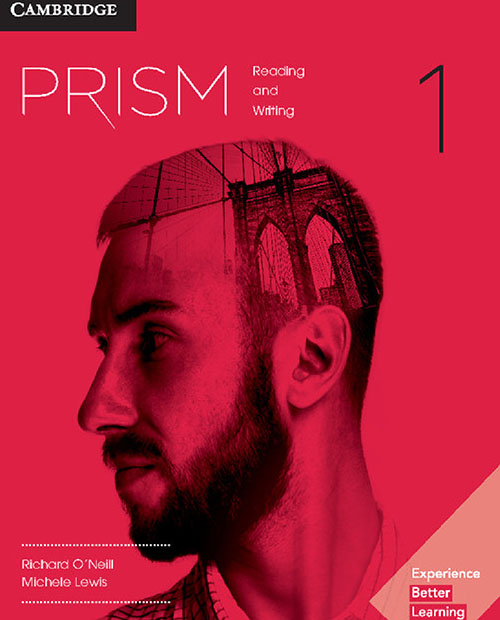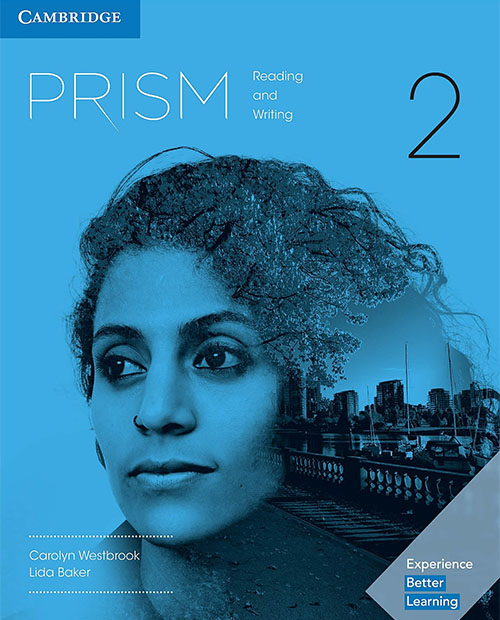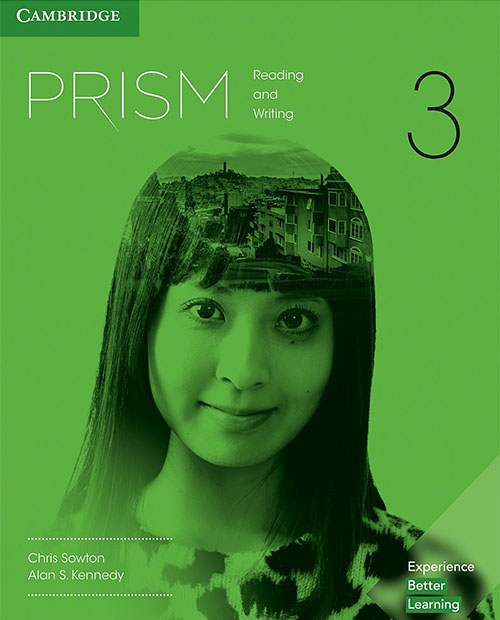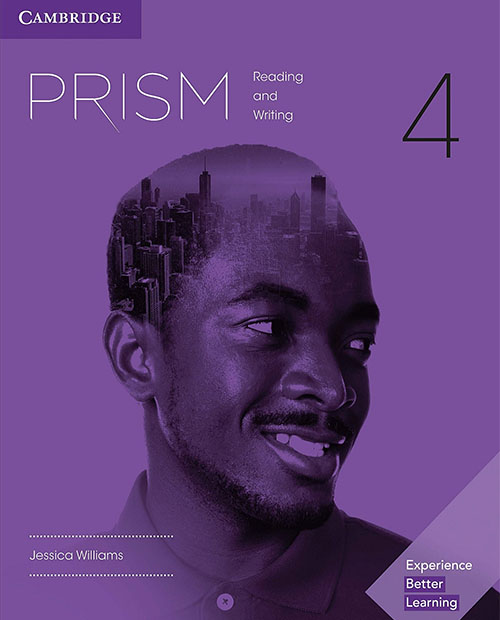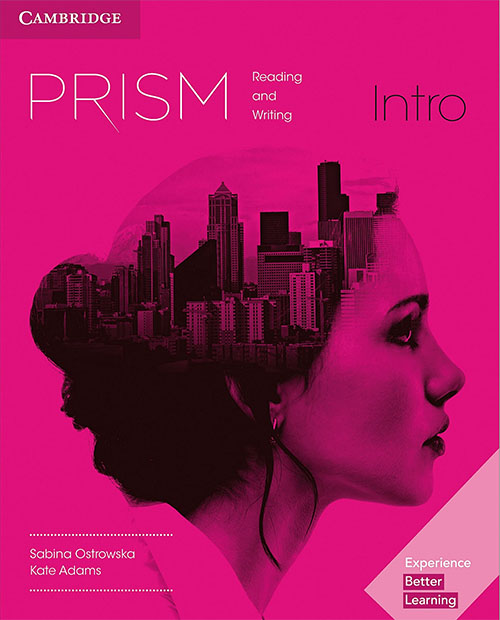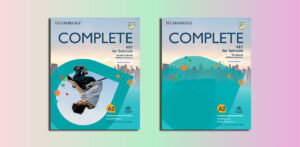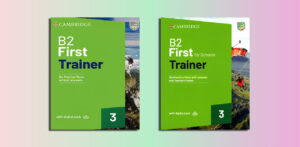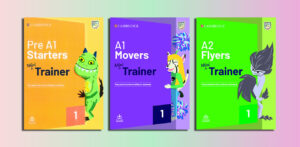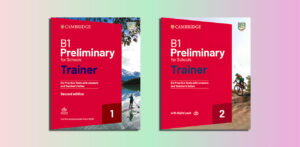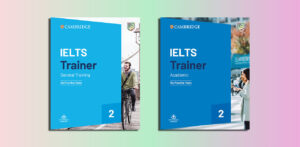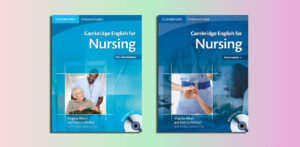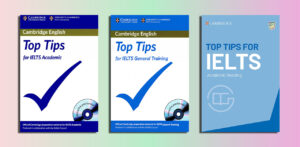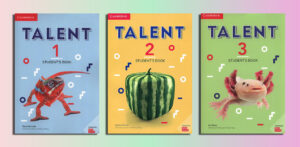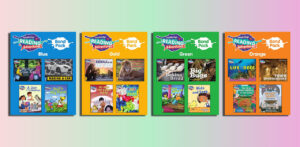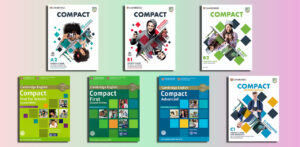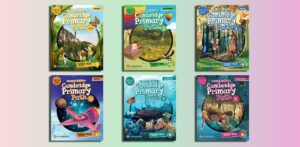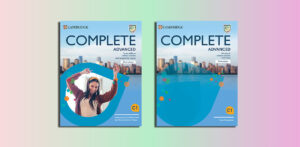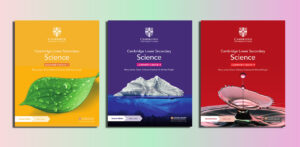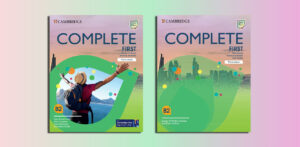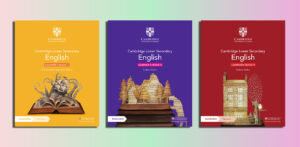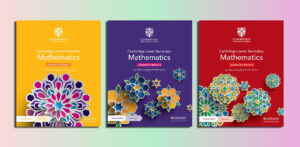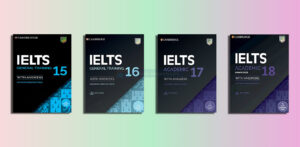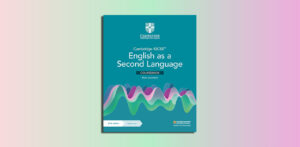Cambridge, Download, Presentation
Prism PDFs, Resources, Presentation Plus (A1 / C1)
Cambridge Prism
Presentation Plus
Prism Reading and Writing Intro Presentation Plus (Mac/Windows)
Prism Reading and Writing 1 Presentation Plus (Mac/Windows)
Prism Reading and Writing 2 Presentation Plus (Mac/Windows)
Prism Reading and Writing 3 Presentation Plus (Mac/Windows)
Prism Reading and Writing 4 Presentation Plus (Mac/Windows)
Prism Listening and Speaking Intro Presentation Plus (Windows)
Prism Listening and Speaking 1 Presentation Plus (Windows)
Prism Listening and Speaking 2 Presentation Plus (Windows)
Prism Listening and Speaking 3 Presentation Plus (Windows)
Prism Listening and Speaking 4 Presentation Plus (Windows)
Prism Reading Intro Presentation Plus (Mac/Windows)
Prism Reading 1 Presentation Plus (Mac/Windows)
Prism Reading 2 Presentation Plus (Mac/Windows)
Prism Reading 3 Presentation Plus (Mac/Windows)
Prism Reading 4 Presentation Plus (Mac/Windows)
PDFs, Resources
Level 1
Prism 1 Listening and Speaking Answer Key.pdf
Prism 1 Listening and Speaking Assessment.zip
Prism 1 Listening and Speaking Audio.zip
Prism 1 Listening and Speaking Student’s Book.pdf – Sample: Click
Prism 1 Listening and Speaking Teacher’s Manual.pdf
Prism 1 Reading and Writing Answer Key.pdf
Prism 1 Reading and Writing Assessment .zip
Prism 1 Reading and Writing Audio.zip
Prism 1 Reading and Writing Student’s Book.pdf – Sample: Click
Prism 1 Reading and Writing Teacher’s Manual.pdf
Prism 1 Reading and Writing Video.zip
Prism 1 Reading Answer Key.pdf
Prism 1 Reading Assessment.zip
Prism 1 Reading Student’s Book.pdf – Sample: Click
Prism 1 Reading Teacher’s Manual.pdf
Level 2
Prism 2 Listening and Speaking Answer Key.pdf
Prism 2 Listening and Speaking Assessment.zip
Prism 2 Listening and Speaking Audio.zip
Prism 2 Listening and Speaking Student’s Book.pdf – Sample: Click
Prism 2 Listening and Speaking Teacher’s Manual.pdf
Prism 2 Reading and Writing Answer Key.pdf
Prism 2 Reading and Writing Assessment.zip
Prism 2 Reading and Writing Audio.zip
Prism 2 Reading and Writing Student’s Book.pdf – Sample: Click
Prism 2 Reading and Writing Teacher’s Manual.pdf
Prism 2 Reading and Writing Video.zip
Prism 2 Reading Answer Key.pdf
Prism 2 Reading Assessment.zip
Prism 2 Reading Student’s Book.pdf – Sample: Click
Prism 2 Reading Teacher’s Manual.pdf
Level 3
Prism 3 Listening and Speaking Answer Key.pdf
Prism 3 Listening and Speaking Assessment.zip
Prism 3 Listening and Speaking Audio.zip
Prism 3 Listening and Speaking Student’s Book.pdf – Sample: Click
Prism 3 Listening and Speaking Teacher’s Manual.pdf
Prism 3 Reading and Writing Answer Key.pdf
Prism 3 Reading and Writing Assessment.zip
Prism 3 Reading and Writing Audio.zip
Prism 3 Reading and Writing Student’s Book.pdf – Sample: Click
Prism 3 Reading and Writing Teacher’s Manual.pdf
Prism 3 Reading and Writing Video.zip
Prism 3 Reading Answer Key.pdf
Prism 3 Reading Assessment.zip
Prism 3 Reading Student’s Book.pdf – Sample: Click
Prism 3 Reading Teacher’s Manual.pdf
Level 4
Prism 4 Listening and Speaking Answer Key.pdf
Prism 4 Listening and Speaking Assessment.zip
Prism 4 Listening and Speaking Audio.zip
Prism 4 Listening and Speaking Student’s Book.pdf – Sample: Click
Prism 4 Listening and Speaking Teacher’s Manual.pdf
Prism 4 Reading and Writing Answer Key.pdf
Prism 4 Reading and Writing Assessment.zip
Prism 4 Reading and Writing Audio.zip
Prism 4 Reading and Writing Student’s Book.pdf – Sample: Click
Prism 4 Reading and Writing Teacher’s Manual.pdf
Prism 4 Reading and Writing Video.zip
Prism 4 Reading Answer Key.pdf
Prism 4 Reading Assessment.zip
Prism 4 Reading Student’s Book.pdf – Sample: Click
Prism 4 Reading Teacher’s Manual.pdf
Intro Level
Prism Intro Listening and Speaking Answer Key.pdf
Prism Intro Listening and Speaking Assessment.zip
Prism Intro Listening and Speaking Audio.zip
Prism Intro Listening and Speaking Student’s Book.pdf – Sample: Click
Prism Intro Listening and Speaking Teacher’s Manual.pdf
Prism Intro Reading and Writing Answer Key.pdf
Prism Intro Reading and Writing Assessment.zip
Prism Intro Reading and Writing Audio.zip
Prism Intro Reading and Writing Student’s Book.pdf – Sample: Click
Prism Intro Reading and Writing Teacher’s Manual.pdf
Prism Intro Reading and Writing Video.zip
Prism Intro Reading Answer Key.pdf
Prism Intro Reading Assessment.zip
Prism Intro Reading Student’s Book.pdf – Sample: Click
Prism Intro Reading Teacher’s Manual.pdf
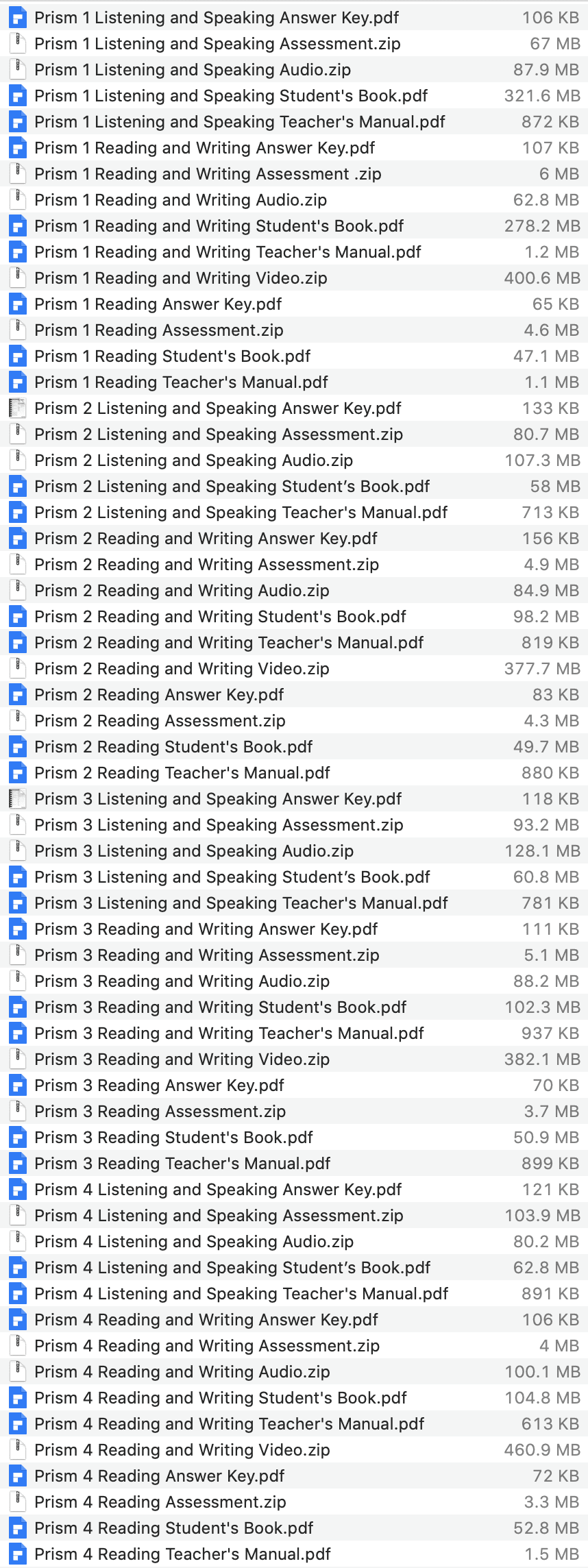
| Image | Name | Price | Buy |
|---|---|---|---|
| Prism 1 (PDFs, Resources) | $8 | ||
| Prism 2 (PDFs, Resources) | $8 | ||
| Prism 3 (PDFs, Resources) | $8 | ||
| Prism 4 (PDFs, Resources) | $8 | ||
| Prism Intro (PDFs, Resources) | $8 | ||
| Prism - All 5 Levels (PDFs, Resources) | Original price was: $40.$30Current price is: $30. |
Prism Listening and Speaking Presentation Plus Demo (Offline iTools)
✅ Get Prism Reading and Writing Presentation Plus Intro,1,2,3,4 (Windows / Mac) : $6 / level; $25 / all 5 levels
✅ Get Prism Listening and Speaking Presentation Plus Intro,1,2,3,4 (Windows) : $6 / level; $25 / all 5 levels
✅ Get Prism (PDFs, Resources): $8 for one level; $30 for all 5 levels
๏ Other payment methods: Click here
Overview of the “Prism”
Contents
| ✅ Coursebook: | Prism |
| ✅ Authors: | Kate Adams, Lida Baker, Robyn Brinks Lockwood, Stephanie Dimond-Bayir, Nancy Jordan, Alan Kennedy, Lewis Lansford, Michele Lewis, Richard O’Neill, Sabina Ostrowska, Susan Peterson, Kimberly Russell, Chris Sowton, Carolyn Westbrook,N.M. White, Jessica Williams |
| ✅ Publisher: | Cambridge University Press |
| ✅ Levels: | A1, A2, B1, B2, C1 |
| ✅ English type: | American English |
| ✅ Skills: | Reading, Writing, Speaking, Listening |
| ✅ For: | Higher Education, Academic English, Adult |
| ✅ Publication year: | 2022 |
The “Prism” series from Cambridge is a comprehensive English for Academic Purposes (EAP) course that emphasizes critical thinking and college readiness skills. Designed for a range of CEFR levels (A1 – C1), it is authored by experts like Kate Adams, Lida Baker, and Jessica Williams. Prism is distinct for its full integration of Bloom’s taxonomy, focusing on both lower-order and higher-order thinking skills. It covers essential academic English based on extensive research, including feedback from over 500 institutions and analyses of the General Service List, the Academic Word List, and the Cambridge English Corpus.
Key features of Prism include:
- Critical Thinking: Each unit explicitly teaches critical thinking skills, adhering to Bloom’s taxonomy. This approach ensures that students develop a full range of thinking skills necessary for college coursework.
- Skills for College Life: ‘On Campus’ sections in each unit teach practical skills for university life, such as participating in study groups and being an active listener.
- Comprehensive Content: Prism’s content is shaped by insights from classroom teachers, ensuring relevance and effectiveness. The series includes a Digital Workbook, an eBook, and video content.
- Structured Learning Experience: Units begin with engaging video clips, followed by activities to improve listening, reading, and analytical skills. Subsequent sections focus on speaking or writing, applying critical thinking through structured tasks. The final ‘On Campus’ section focuses on practical college skills.
- Research-Based Approach: The series is grounded in research, including vocabulary selection based on the General Service List and the Academic Word List.
- Teacher and Learner Feedback: Prism has been shaped and validated by feedback from educators and learners, emphasizing its relevance and effectiveness in teaching critical thinking and college readiness skills.
Prism represents a holistic approach to EAP, equipping students not only with language skills but also with critical thinking and practical skills for successful college life.
Who is suitable for ‘Prism’?
“Prism” is designed to cater to a wide range of learners, particularly those preparing for or currently engaged in higher education. It is suitable for:
- English for Academic Purposes (EAP) Students: Learners who are looking to improve their English skills specifically for academic contexts will find Prism particularly beneficial. This includes both non-native English speakers preparing to enter English-medium universities and those already enrolled in such institutions.
- Students Across Various CEFR Levels: The course is structured to accommodate learners from CEFR levels A1 (beginner) to C1 (advanced). This broad range makes it suitable for a diverse group of learners with varying degrees of English proficiency.
- Learners Seeking to Develop Critical Thinking Skills: Prism’s strong emphasis on critical thinking makes it ideal for students who need to develop or enhance these skills for their academic work and beyond.
- Students Preparing for College Life: The course includes specific content aimed at helping students navigate university life, making it suitable for those about to enter or who are new to college.
- Learners Who Benefit from a Structured Learning Approach: Prism’s structured approach, including its use of Bloom’s Taxonomy and integration of skills such as listening, speaking, reading, and writing, is ideal for learners who thrive in an organized and comprehensive learning environment.
- Students Interested in Practical Application of Language Skills: With its focus on practical college life skills and interactive components like video content and digital workbooks, Prism is suitable for learners who prefer a practical, hands-on approach to language learning.
Overall, Prism is tailored for learners who aim to not only improve their English language proficiency but also acquire the critical thinking and practical skills necessary for success in an academic setting.
The benefits of ‘Prism’
The “Prism” series from Cambridge offers several significant benefits for learners, especially those engaged in or preparing for academic pursuits. Here are some of the key advantages:
- Enhanced Critical Thinking Skills: Prism emphasizes critical thinking throughout its curriculum. By integrating Bloom’s Taxonomy, it helps students develop both lower-order and higher-order thinking skills, which are crucial for academic success and effective problem-solving in real-world scenarios.
- Comprehensive Language Development: The course covers a wide range of general and academic vocabulary, grammar, and language skills. It’s based on rigorous research, including the General Service List, the Academic Word List, and the Cambridge English Corpus, ensuring that the language taught is both relevant and practical for academic settings.
- Real-World Application: The “On Campus” sections in each unit focus on practical skills for navigating university life, such as participating in study groups and being an active listener. These sections prepare students not just academically but also for the social and collaborative aspects of college life.
- Diverse Learning Materials: Prism offers a blend of digital and print resources, including digital workbooks, eBooks, and video content. This variety caters to different learning styles and keeps students engaged.
- Structured Learning Path: The course is carefully structured, starting with engaging videos to introduce topics, followed by activities to develop listening, reading, and analytical skills, and concluding with tasks that focus on speaking, writing, and applying learned skills.
- Research-Based Approach: The development of Prism is grounded in extensive research and feedback from over 500 educational institutions. This ensures that the content is not only academically sound but also relevant and effective in real classroom settings.
- Global and Cultural Relevance: Given its development through global insights and a diverse range of authors and educators, Prism offers content that is culturally diverse and globally relevant, preparing students for an increasingly interconnected world.
- Preparation for Academic Success: By focusing on the skills needed for academic English and college life, Prism effectively prepares students for the challenges of college coursework, presentations, and academic writing.
- Teacher-Led Development: The involvement of classroom teachers in shaping the course means that Prism is tailored to meet the actual needs of students and educators in real-world educational settings.
Overall, Prism stands out as a comprehensive, research-based EAP course that equips students with the language, critical thinking, and practical skills necessary for academic and personal success.
Effective teaching and learning strategies for ‘Prism’
To maximize the effectiveness of teaching and learning with the “Prism” series, educators and students can adopt several strategies that align with the course’s strengths and structure:
For Teachers:
- Integrate Bloom’s Taxonomy: Leverage the inclusion of Bloom’s Taxonomy in Prism to develop both lower-order (remembering, understanding, applying) and higher-order (analyzing, evaluating, creating) thinking skills. Structure lessons to progress through these levels, encouraging deeper understanding and critical thinking.
- Utilize Multimodal Resources: Make full use of the digital workbooks, eBooks, and video content. These resources cater to different learning styles and can enhance engagement and understanding.
- Encourage Active Participation: Utilize the “On Campus” sections to foster classroom discussions and role-playing activities that mirror real-life college scenarios. This helps students apply language skills in practical contexts.
- Focus on Language Skills Integration: Seamlessly integrate reading, writing, listening, and speaking activities. Encourage students to use new vocabulary and grammar structures in various contexts to reinforce learning.
- Customize According to Student Needs: Adapt the course content to address the specific needs and interests of your students. Use the flexibility of Prism to tailor lessons, ensuring relevance and maintaining student engagement.
- Promote Collaborative Learning: Encourage group work and peer-to-peer interactions. This not only aids in practicing language skills but also in developing soft skills like teamwork and communication.
- Incorporate Continuous Assessment: Regularly assess students’ understanding and application of concepts through quizzes, presentations, and writing assignments. This helps in tracking progress and addressing learning gaps timely.
For Students:
- Engage Actively with Materials: Actively participate in all aspects of the course – videos, readings, digital exercises. This immersion aids in better retention and understanding.
- Practice Critical Thinking: Regularly practice the critical thinking exercises provided in the course. Try to apply these skills in analyzing other materials and situations outside the classroom.
- Utilize Digital Resources: Take advantage of the digital resources for self-study. These can be particularly helpful for reinforcing learning and practicing language skills.
- Participate in Group Activities: Engage in group discussions and activities. These interactions are crucial for practicing spoken English and learning to work collaboratively.
- Apply Skills in Real Contexts: Try to use the skills and knowledge gained from the course in real-life scenarios, such as in other academic subjects or in everyday conversations.
- Seek Feedback: Regularly ask for feedback from teachers and peers. Understanding areas of strength and improvement can guide focused learning.
- Reflect on Learning: Self-reflection is key. Regularly assess your own progress and identify areas where more practice is needed.
By adopting these strategies, teachers and students can effectively leverage the unique structure and content of the “Prism” series, leading to a more engaging and productive educational experience.
Top Academic English Learning Series for Adults: Alternatives to Cambridge’s Prism
If you’re searching for alternatives to the Prism series by Cambridge, which is designed for adult learners and focuses on reading and writing skills in English while incorporating academic and professional themes, several educational series offer similar comprehensive learning experiences:
- “Unlock” by Cambridge University Press: A skill-based series that helps learners develop the academic language and skills they need for college and university study. Unlock focuses on developing listening, speaking, reading, and writing skills through a combination of critical thinking tasks and engaging topics.
- “Pathways” (Reading, Writing, and Critical Thinking) by National Geographic Learning: Integrates captivating content from National Geographic to develop academic literacy. Each book includes reading and writing tasks that are designed to prepare students for academic success.
- “Q: Skills for Success” by Oxford University Press: A series that helps students to develop the language skills required for academic study with a focus on critical thinking, reading, writing, listening, and speaking.
- “Skills for Success” by Oxford University Press: Offers a practical approach to developing effective reading and writing skills, with texts and tasks that prepare students for academic work.
- “Academic Encounters” by Cambridge University Press: Another series that focuses on developing skills through an integrated approach to language learning, offering students practice in reading, writing, listening, and speaking, all centered around academic topics.
- “Inside Reading” by Oxford University Press: Designed to develop academic reading skills and expand critical academic vocabulary using authentic texts and tasks.
- “Viewpoint” by Cambridge University Press: Focuses on developing students’ speaking and listening skills at the upper-intermediate to advanced levels, incorporating video content to stimulate discussion and provide context for language learning.
- “English for Academic Purposes” by Oxford University Press: This series provides resources across the four main skills, specifically designed to prepare students for academic study in English.
Each of these series is tailored for adult learners, aiming to improve language proficiency with a focus on academic and professional settings. They provide a range of materials that include engaging content, critical thinking tasks, and skills practice to ensure learners are well-prepared for their academic or professional pursuits.

